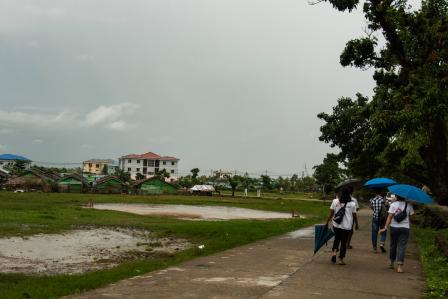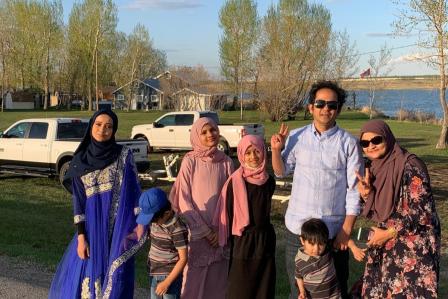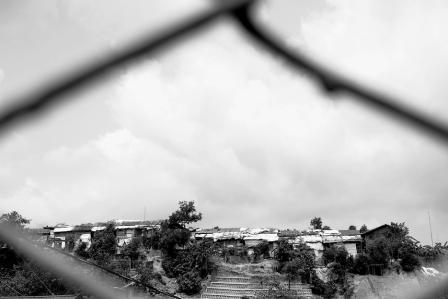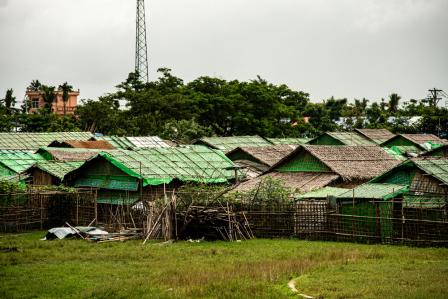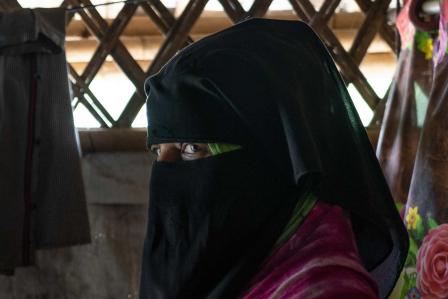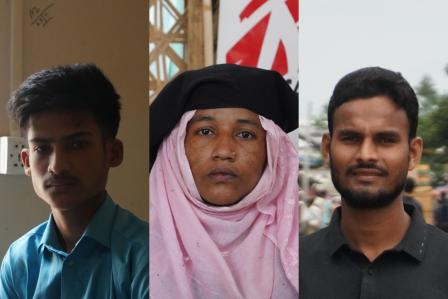Doctors Without Borders calls on Malaysia for safe and affordable access to healthcare for refugees
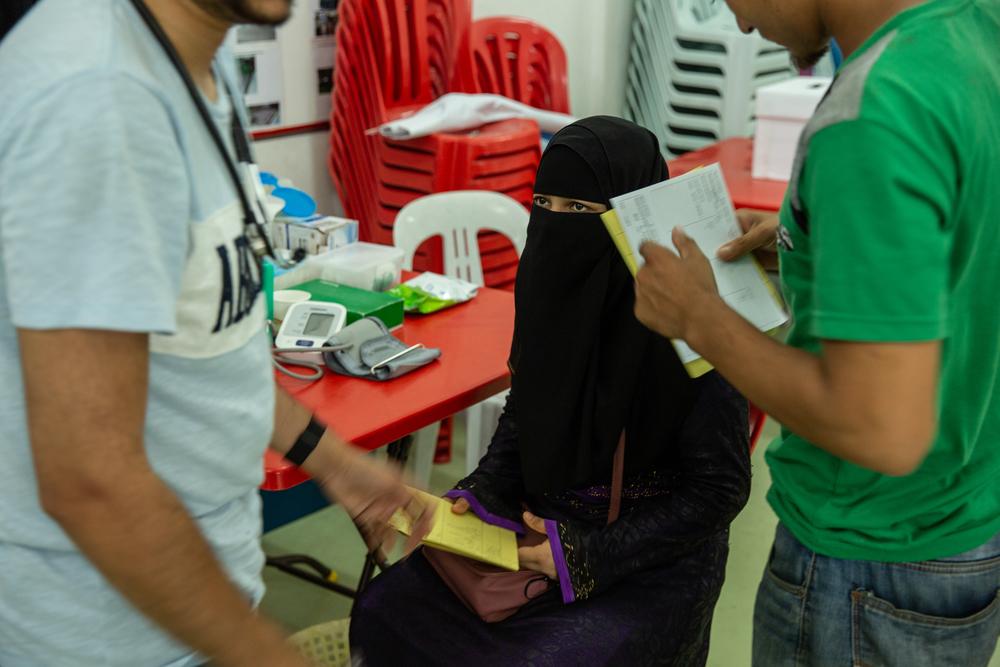
A Doctors Without Borders staff member assists a patient at a mobile clinic in Penang, Malaysia.
In a recent visit to Malaysia to meet with representatives from the ministries of health and foreign affairs, Doctors Without Borders International President Dr Christos Christou said that “refugees and asylum seekers without legal status and relevant identity documents struggle to obtain medical treatment in countries like Malaysia due to fear of arrest and detention.”
With no end to the Myanmar crisis in sight, Doctors Without Borders recognises the leadership of Malaysia and the role it can play in regional efforts to find a sustainable solution for the Rohingya that would allow people to live in good health, safety and dignity.
Malaysia can set an example by committing to grant protection to Rohingya and other Myanmar refugees and asylum seekers fleeing persecution and violence until it is safe for them to go home.
The Rohingya are one of the world’s most marginalised communities after having their citizenship revoked in Myanmar in the 1980s. They were forcibly displaced throughout Rakhine State and to other countries multiple times in the last several decades. According to the 2023 data of the United Nations High Commissioner for Refugees (UNHCR), around 630,000 Rohingya remain in Rakhine, including about 147,000 Rohingya detained in displacement camps or living among the host community since widespread violence in 2012. Over 2 million Rohingya refugees live as displaced people – mostly across Asia and the Middle East.
“We all saw what organisations and authorities could do during the first years of the emergency response for the Rohingya. Now we are seeing how the needs of the population have grown, yet we are all stretched so efforts to find a solution for Rohingya people are stagnated. We need regional authorities to meaningfully engage on finding a sustainable solution for the Rohingya,” he said.
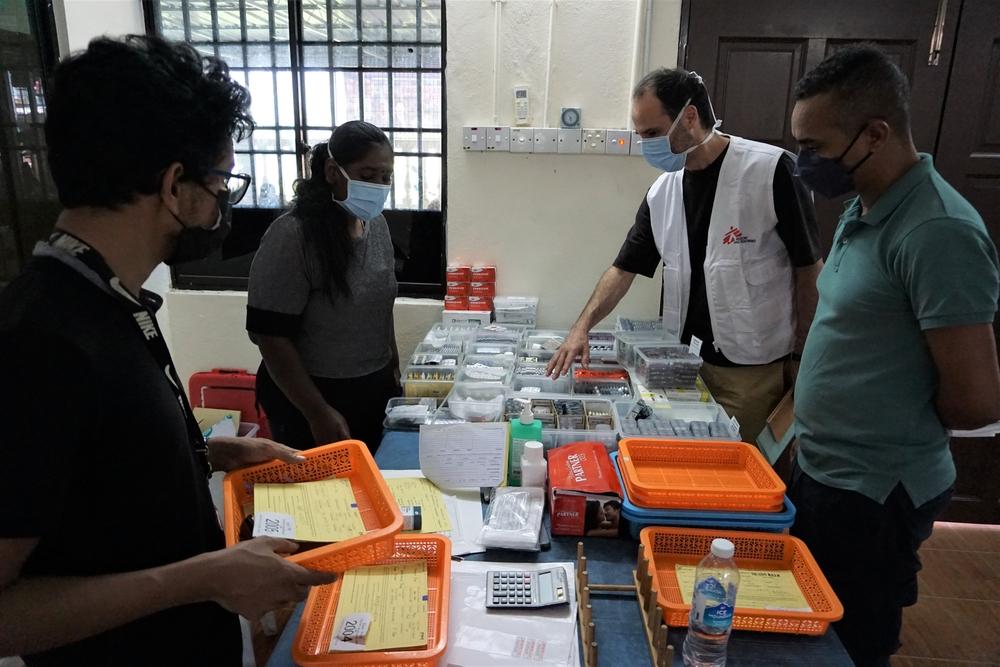
Staff show International President Dr. Christos Christou the drugs being dispersed to patients in the mobile clinic supported by Doctors Without Borders in Sungai Dua, Penang, Malaysia © Intan Ali/MSF
In Malaysia, Doctors Without Borders has provided healthcare to refugees, asylum-seekers and undocumented migrant communities since 2015. Doctors Without Borders’ operational presence in the country started as part of the broader response to the refugee crisis in the region.
The medical humanitarian organisation offers medical services to refugees and asylum-seekers at a fixed clinic in Butterworth, Penang and mobile clinics in remote areas of Penang as well as detention centres. Services include primary healthcare, mental health support, referrals to secondary and tertiary healthcare providers, and supporting sexual violence survivors, including victims of human trafficking.
“We aim to help refugees and asylum seekers to get the care they need, and we are ready to support the Malaysian government with a humane response to this forced displacement crisis. Rohingya from Myanmar experience conflict and severe discrimination and see no alternative but to leave home in search of protection and a better life in Malaysia and elsewhere in the region,” he said.
“A stronger and sustained commitment is vital from regional governments, donors and NGOs alike. For Doctors Without Borders, ensuring this marginalised community has access to healthcare is a priority and granting refugees legal status is a meaningful action Malaysia can take to facilitate that access until it is safe for Rohingya to return home with guarantees of a dignified life.”


